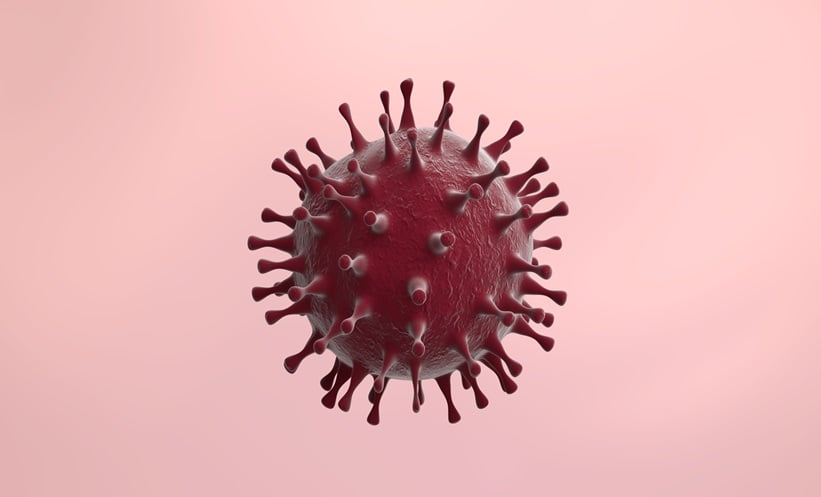DATA have revealed that SARS-CoV-2 spike protein persists in brain-protective tissues and skull bone marrow for years post-infection, potentially driving long COVID neurological symptoms, though mRNA vaccines reduce this burden by 50%.
A groundbreaking study has revealed that the SARS-CoV-2 spike protein can remain in the skull’s bone marrow and brain-protective tissues, such as the meninges, for up to four years after infection. This prolonged presence may lead to chronic brain inflammation, accelerating brain ageing and increasing risks of neurodegenerative diseases and strokes. Importantly, the study highlights that mRNA COVID-19 vaccines significantly reduce the accumulation of spike protein in these regions, providing crucial, though incomplete, protection against long-term neurological effects.
Researchers used an advanced imaging technique that renders tissues transparent to visualise the 3D distribution of viral proteins in samples from COVID-19 patients and mice. They found persistently high concentrations of spike protein in the skull-meninges-brain axis, with evidence suggesting these areas’ susceptibility is linked to ACE2 receptors, which the spike protein targets. Mice vaccinated with mRNA vaccines exhibited approximately 50% lower spike protein levels in these regions compared to unvaccinated mice, although residual protein still posed risks. The persistence of spike protein was sufficient to induce inflammation, behavioural changes, and heightened vulnerability to brain injuries in mice.
The findings underscore the urgent need for new therapies and diagnostic tools to address the long-term impacts of COVID-19 on brain health. While mRNA vaccines offer significant protection, they are insufficient to eliminate risks entirely. Long COVID, affecting millions worldwide, demands both clinical and societal responses to mitigate its neurological consequences. Future research should prioritise the development of early diagnostic markers, accessible testing for spike protein in cerebrospinal fluid or blood, and targeted interventions to reduce inflammation and protein accumulation.
This research highlights the importance of vaccination while revealing gaps in addressing COVID-19’s long-term neurological burden. Early diagnosis and novel treatments could prevent chronic complications and improve quality of life for affected individuals, representing a critical step forward in global public health.
Katrina Thornber, EMJ
Reference
Rong Z et al. Persistence of spike protein at the skull-meninges-brain axis may contribute to the neurological sequelae of COVID-19. Cell Host & Microbe. 2024;DOI:10.1016/j.chom.2024.11.007.








